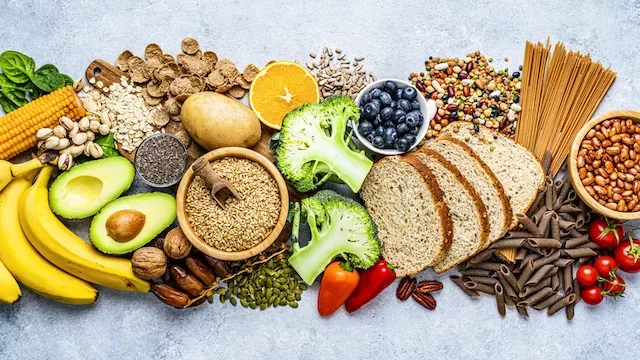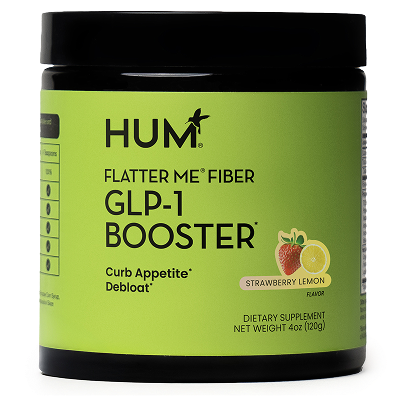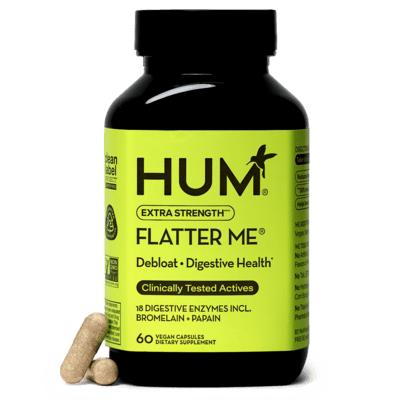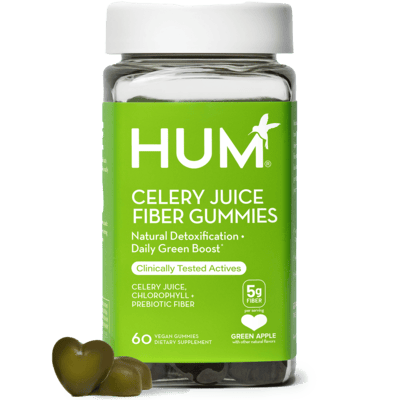An estimated 95% of Americans don’t consume enough fiber. Yet, fiber is one of the most essential components of a healthy diet. Although it is often seen as a digestive aid, many are surprised to learn that fiber does more than just make you poop. It plays a role in a variety of health processes ranging from weight management to heart health.
In this article, we will provide a dietitian’s take on the significance of fiber and its influence on maintaining optimal health
What is Fiber?
Dietary fiber is a component of plant-based foods that provides positive health effects. Foods like whole grains, fruits, vegetables, nuts, and legumes naturally contain fiber. Many refer to fiber as a roughage because the body cannot digest it.
In fact, the body begins digesting food in the mouth, then continues through the stomach and small intestine. However, the fiber material in your food cannot be broken down which forces it to pass through the GI tract undigested.
Generally speaking, this mechanism is what allows for fiber to deliver numerous health benefits. Notably, there are several different types of fiber, each working differently to promote overall health.
Different Types of Fiber
Fiber exists in different forms and is classified based on its water solubility and fermentability. To understand the different types of fibers, it’s easiest to break them down into three main buckets: soluble, insoluble, and fermentable fibers.
Soluble fibers
Soluble fibers are fibers that draw in water as they move through the digestive tract, turning into a gel-like substance. As a gel, soluble fibers create thickness that can slow down digestion, promote a healthy insulin response, and create feelings of fullness.
Examples of soluble fibers include:
- Beta-glucans
- Glucomannan
- Guar gum
- Pectins
- Psyllium
Insoluble fibers
Insoluble fibers don’t draw in water. Rather, they travel through the digestive tract in bulk. As a result, insoluble fibers help facilitate the movement of food and waste more quickly. Naturally, this type of fiber plays a role in supporting bowel regularity.
Fermentable fibers
Fermentable fibers are fibers that ferment in the lower intestine. They can be further categorized into two classifications:
- Prebiotic fibers: prebiotic fibers help feed and influence the bacteria that lives in the gut. They also help produce fatty acids that provide a host of health benefits.
- Resistant starches: gel-like fibers that mirror soluble fibers to further support a healthy insulin response and feelings of fullness. These are usually found in starchy foods like potatoes and grains.
It’s important to keep in mind that most fiber-containing foods will have a combination of different types of fibers. For general health, it’s best to focus on getting enough overall fiber rather than dwelling on the types of fiber that you are consuming.
The Benefits of Fiber
Fiber is not an essential nutrient, but it is an essential part of a healthy diet. It’s also much more than a digestion aid. Fiber plays an important role in overall metabolic health and in lowering risk for certain diseases.
Here are the top 5 benefits of eating enough dietary fiber:
1. Keeps you regular
One of the most well known benefits of fiber is its ability to promote digestive regularity. Regularity can be defined as frequent poops. While there’s no definitive number as to how many times you should go per day, most people should aim for one to three poops daily.
Fiber can promote healthy pooping by adding bulk to your stools. It accomplishes this by drawing in water which boosts the volume of the stools, making them easier to pass. Eating enough fiber can also help improve the frequency of your poops. As a result, this prevents your digestive system from becoming ‘backed-up’ hence the regularity benefit.
2. Promotes healthy weight management
Fiber can facilitate healthy weight management in a variety of ways.
For one, eating foods that are high in soluble fibers like beta-glucan, can improve perceived satiety by slowing down digestion. Feeling like you are full and satisfied can lower your chances of overeating or snacking later on.
In addition, a systematic review of over 20 randomized controlled trials showed significant reduction in body weight in participants following dietary interventions that included pulses. Pulses are a rich source of insoluble fiber and include beans, lentils, and pods.
3. May improve insulin sensitivity
Intake of dietary fiber has been associated with improved insulin sensitivity, according to numerous studies. In fact, one 18-week study with 111 overweight adults found that participants who ate high fiber cereal saw 25% higher insulin sensitivity compared to the high-protein and high-protein plus high-fiber cereal combination groups.
Why does insulin sensitivity matter? Insulin functions as the key that allows glucose to enter the cells and to be used as energy. Without proper insulin sensitivity, the body is unable to utilize glucose which can cause it to accumulate in the bloodstream. High glucose, or blood sugar levels, over an extended period of time, can increase risk for type II diabetes.
4. Nurture the gut microbiome
The gut, commonly known as the gut microbiome is an ecosystem of trillions of microbes that live throughout the digestive tract. It has an influence on many aspects of health including immune system development, cognitive function, and metabolic pathways.
Certain types of fibers, such as prebiotic fibers and resistant starches, interact directly with the microbes in the gut microbiome. Since the body can’t digest these types of fibers, they end up fermenting in the lower gut. As a result, the fermentation process feeds the gut microbes and produces beneficial short-chain fatty acids, or SCFAs for short.

Among their many benefits, SCFAs function as an energy source for the cells that line the colon. They also help facilitate many of the benefits associated with good gut health such as an appropriate insulin response, gut motility, weight management, and more.
5. Can lower your risk for cardiovascular disease
A less popular benefit of eating enough fiber is decreasing the risk for cardiovascular diseases. Interestingly, a systematic review and meta-analysis linked dietary fiber intake with cardiovascular diseases like coronary heart disease. Specifically, the analysis found an inverse association, meaning the less fiber consumed, the higher the risk for heart disease.
More research is needed to help clarify the mechanisms that give fiber such benefits. However, one explanation is that high fiber diets may generally be higher in whole foods and lower in ultra-processed foods.
In addition to the benefits outlined above, researchers believe that fiber intake correlates with mortality. In fact, a meta-analysis found that there was an 11% decrease in all-cause mortality for each 10-g of fiber consumed per day. Therefore, it should be prioritized in your everyday diet.
Fiber-Rich Foods
The World Health Organization recommends that healthy adults consume at least 25 g of fiber daily. Reaching the fiber requirement can be as simple as adding one or two high fiber foods to your meals and snacks.

Here is a list of high fiber foods to add to your diet:
- Corn: 13.4 g of fiber*
- Almonds: 11.2 g of fiber*
- Oats: 10.3 g of fiber*
- Coconut, raw: 9.0 g of fiber*
- Kidney beans: 6.3 g of fiber*
- Lentils: 11.4 g of fiber*
- Eggplant: 6.6 g of fiber*
- Peas: 3.5 g of fiber*
- Kiwi: 3.3 g of fiber*
- Broccoli: 3.2 g of fiber*
- Pear: 3.0 g of fiber*
- Carrot: 2.5 g of fiber*
- Strawberries: 2.2 g of fiber*
- Bananas: 1.7 g of fiber*
*grams of fiber per 100 grams of edible portion
Food should be your primary source of fiber. But if you are looking to help give your fiber intake a lift, a dietary supplement can help.
Conclusion
The role of fiber is to promote overall health in addition to health digestion. While most people can use a fiber boost in their diet, fiber is abundant in a variety of everyday plant-based foods like oats, fruits, vegetables, and nuts. It is also available in supplement form. Consuming adequate amounts can provide regularity, weight, metabolic, gut and heart health benefits.
HUM’s Celery Juice Fiber Gummies deliver 5 g of dietary fiber per serving.











